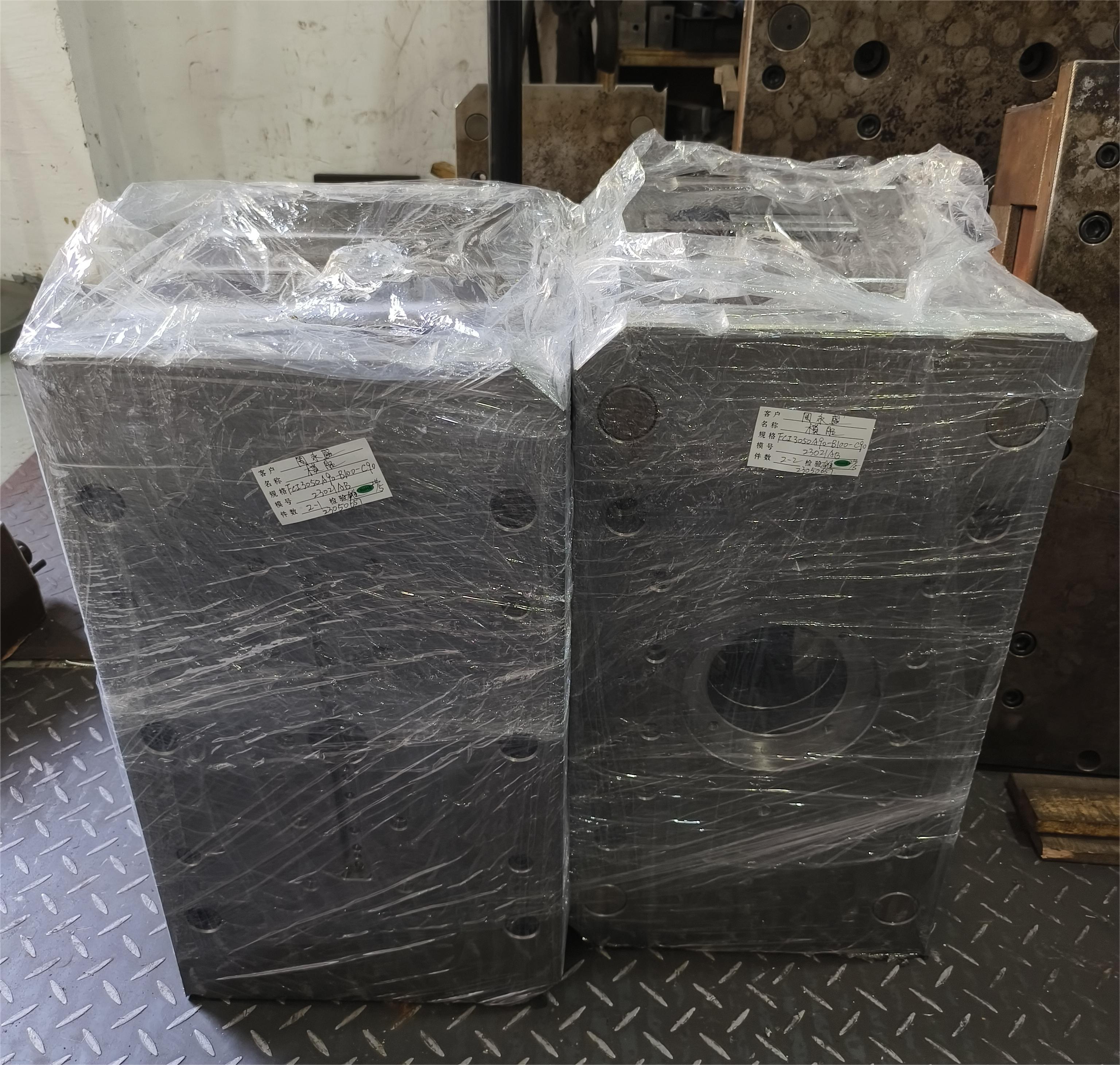Indonesia has a rapidly growing manufacturing sector. As industries strive for better quality and efficiency, the choice of materials becomes increasingly critical. Mold steel is gaining attention for its potential in enhancing manufacturing processes. This article will delve into the advantages of mold steel, its applications, and why it is a favored choice for manufacturers in Indonesia.
Understanding Mold Steel
Mold steel, also known as tool steel, is a type of steel that is specifically designed for making molds and dies. It is characterized by its ability to withstand high pressures and its hardness, making it ideal for industrial applications.
Key Properties of Mold Steel
- High hardness: Mold steel can achieve a high Rockwell hardness, which is essential for creating durable molds.
- Wear resistance: It can resist wear and tear, thus extending the life of molds.
- Thermal conductivity: Mold steel offers good thermal properties, ensuring that heat generated during the molding process is efficiently dissipated.
Mold Steel Grades Suitable for Indonesian Manufacturing
Different grades of mold steel are available, each tailored for specific applications. Below is a table highlighting some common grades used in Indonesia along with their properties:
| Grade | Hardness (HRc) | Applications | Characteristics |
|---|---|---|---|
| A2 | 56-62 | Injection molds | Air-hardening, good toughness, excellent wear resistance |
| D2 | 58-64 | Die casting, stamping | High wear resistance, excellent dimensional stability |
| P20 | 28-32 | Injection molds | Good ductility, easy to machine, excellent polishability |
| H13 | 47-53 | Hot work molds | Excellent thermal shock resistance, high toughness |
Benefits of Using Mold Steel in Indonesia
There are several reasons why manufacturers in Indonesia should consider using mold steel.
1. Enhanced Durability
The durability of mold steel results in longer-lasting molds. This reduces the frequency of replacements and maintenance, leading to significant cost savings for manufacturers.
2. Increased Productivity
Due to its excellent thermal characteristics and hardness, mold steel can boost the productivity of manufacturing processes. Faster cycle times lead to an increase in overall output, enabling businesses to meet market demand more effectively.
3. Cost-Effectiveness
While the initial investment in high-quality mold steel might seem high, the long-term benefits far outweigh the costs. The reduction in maintenance and increased output make it a cost-effective solution for manufacturers in the long run.
Applications of Mold Steel in the Indonesian Market
Mold steel is adaptable and can be used across various sectors. Some notable applications include:
- Automotive industry: For producing parts that require high precision and durability.
- Consumer goods: Molds for household items where high-quality finish is vital.
- Electronics: For casing and components ensuring safety and reliability.
Choosing the Right Mold Steel
Selecting the appropriate mold steel grade depends on several factors, including:
- Type of product: What is being produced will dictate the required hardness and wear resistance.
- Manufacturing process: The method of molding (injection, blow, etc.) will influence the choice of steel.
- Budget considerations: While investing in higher-grade steel may incur upfront costs, evaluate the long-term savings.
Conclusion
In conclusion, the adoption of mold steel in Indonesia's manufacturing industry presents numerous advantages, from durability to cost savings. As the country continues to establish itself as a manufacturing hub, investing in quality materials like mold steel will ensure competitiveness, product quality, and operational efficiency. Manufacturers should thoroughly assess their needs and choose the right grades of mold steel to leverage its full potential.

